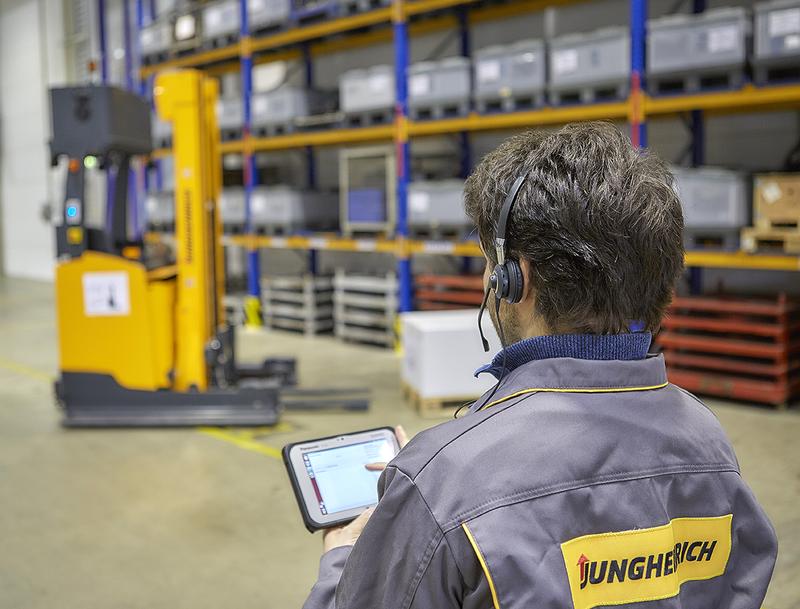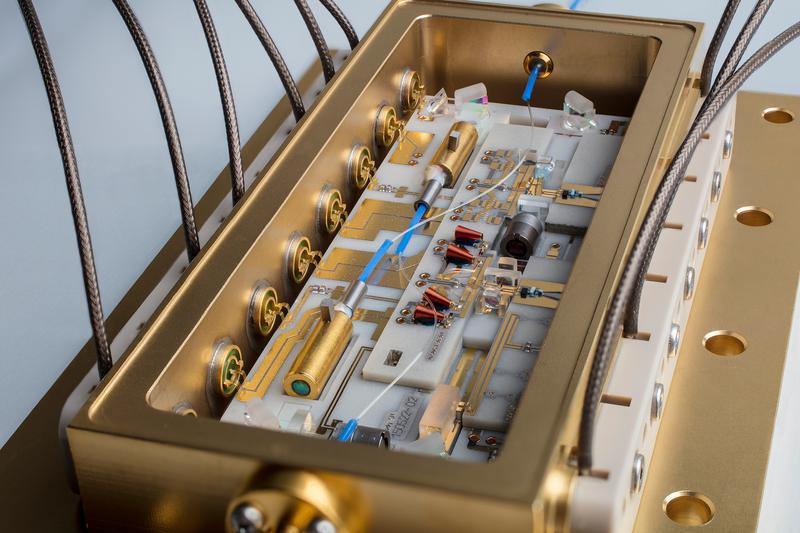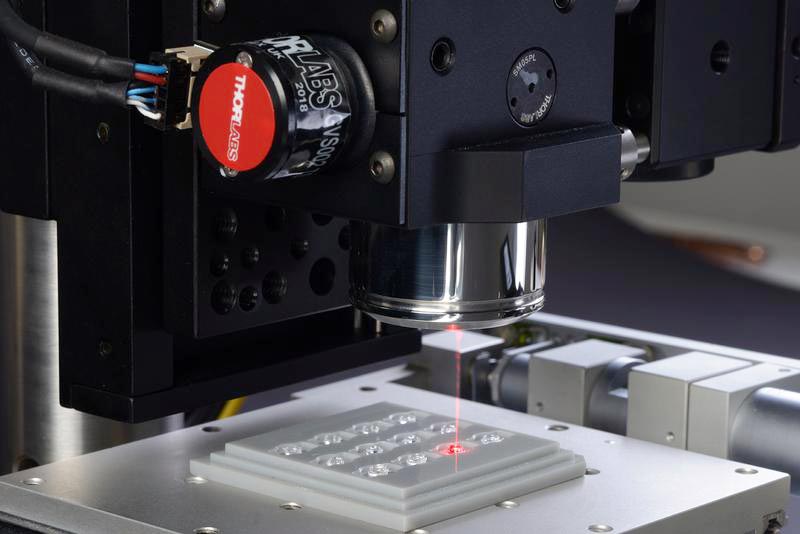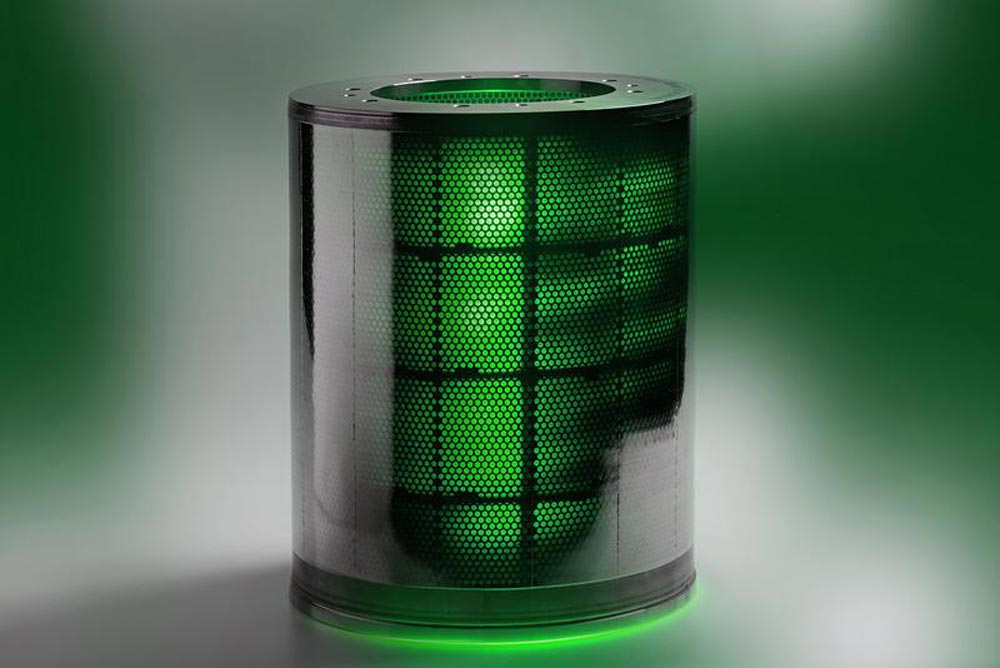
Intelligent Forklift Trucks: Speech and Gesture Control at Hannover Messe

Speech and gesture control for automated guided vehicles: IPH presents its research results for the project “FTF out of the Box“ at Hannover Messe 2016.
Source: Jungheinrich AG
In the factory of the future, warehouse workers can assign transport tasks to intelligent automated guided vehicles, instead of getting behind the wheel themselves. A technology study of such kind of vehicle will be exhibited at Hannover Messe 2016.
Apart from speech commands, as for example “Store this pallet on rack 3”, the vehicle is also able to understand and interpret the respective gesture, recognizing the pallet the worker points at.
Moreover, the vehicle has the ability to move around in factories and storehouses autonomously. 3D camera technology helps the vehicle to sense its environment and navigate like a human being, memorizing distinctive points in the environment.
In case of a change, for example because a rack is pushed aside, the vehicle can adjust to it – fully in compliance with Industry 4.0. In contrast to previous automated guided vehicles, it is able to move around independently without requiring predefined paths, for example magnet sensors or markings on the floor. This reduces costs which makes the new technology also interesting for small and medium-sized enterprises.
Up to now, the intelligent forklift truck is not available for purchase. The technology study, presented at Hannover Messe 2016, has been developed in a joint project of Jungheinrich AG and the Institut für Integrierte Produktion Hannover (IPH) in cooperation with Basler AG, Götting KG and the Institute of Computer Engineering (ITI) of the University of Lübeck.
From 25 to 29 April 2016, visitors to Hannover Messe can try out for themselves how to control the forklift truck by gestures. See for the research results at the Lower Saxony Pavilion in Hall 2, Stand A08. Interested companies and journalists may contact Susann Reichert via email (reichert@iph-hannover.de) for free tickets.
http://www.ftf-out-of-the-box.de – research project “FTF out of the Box”












